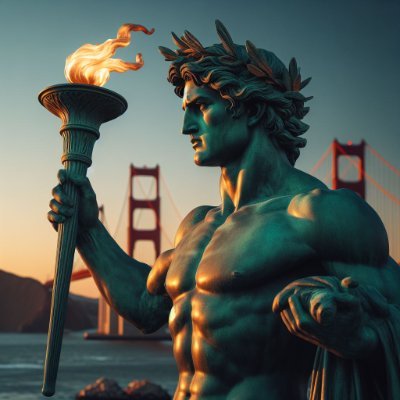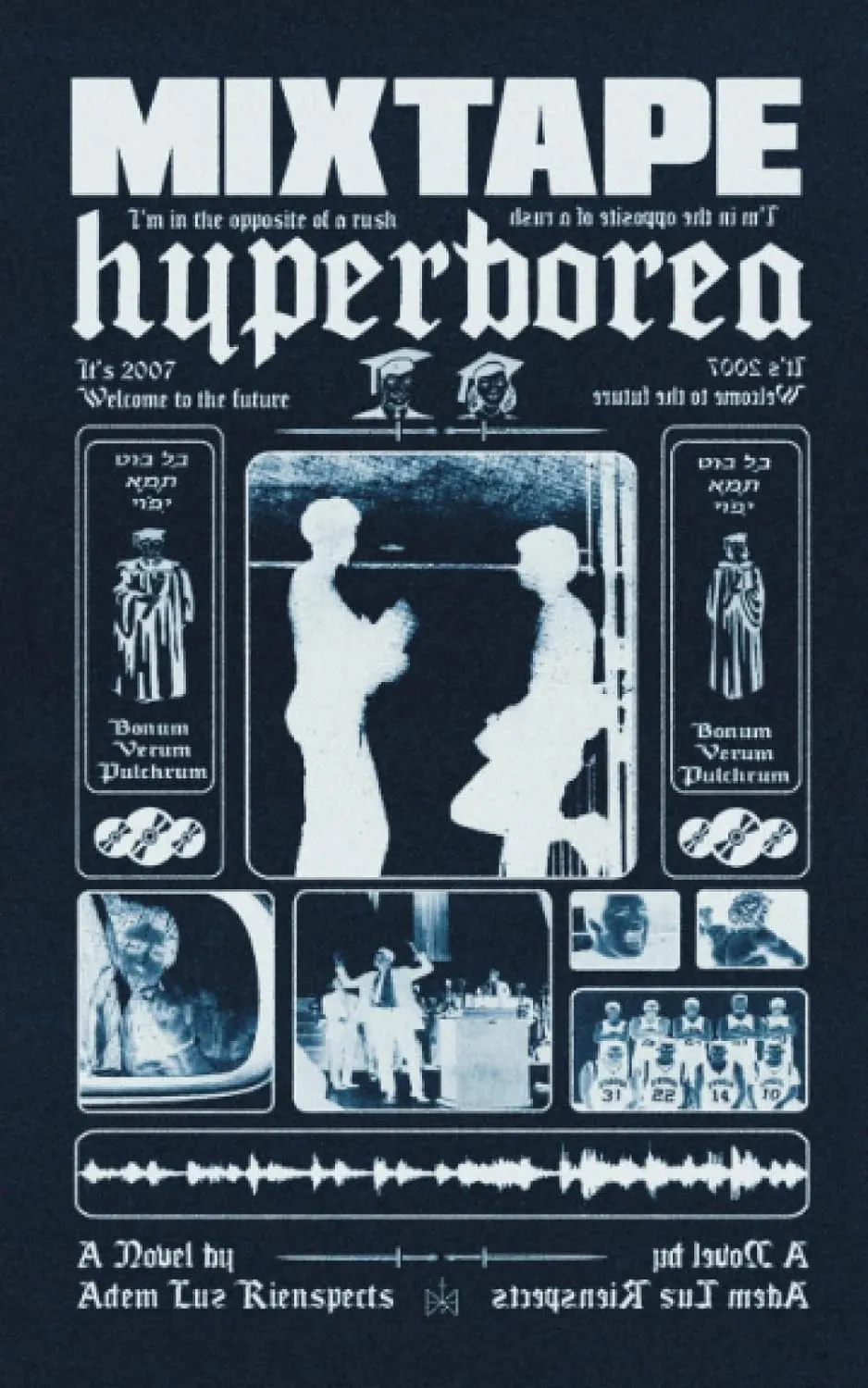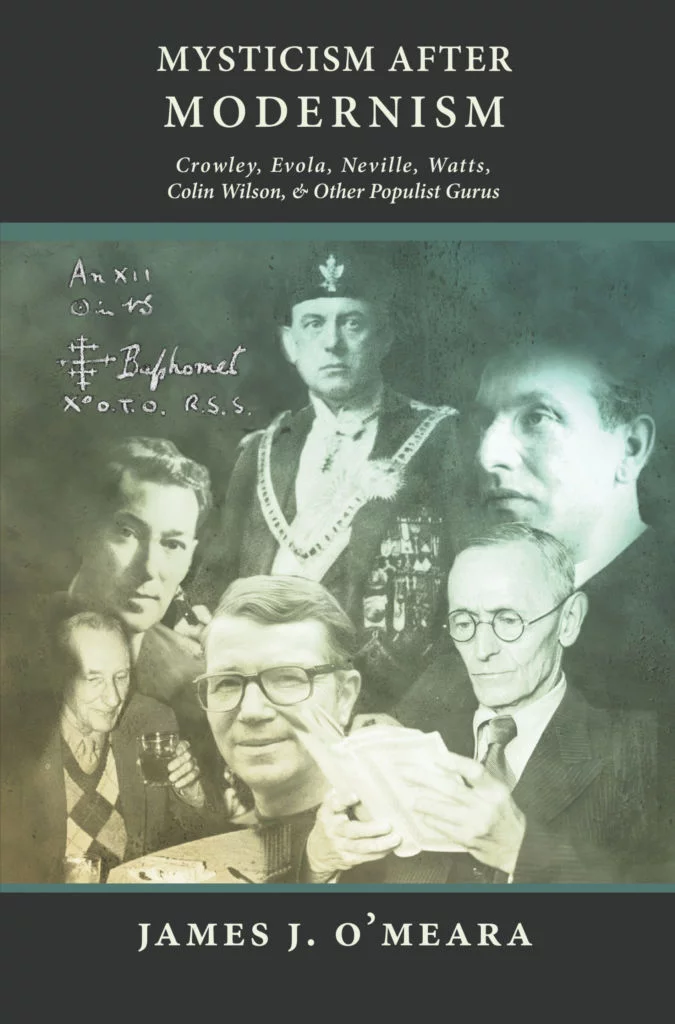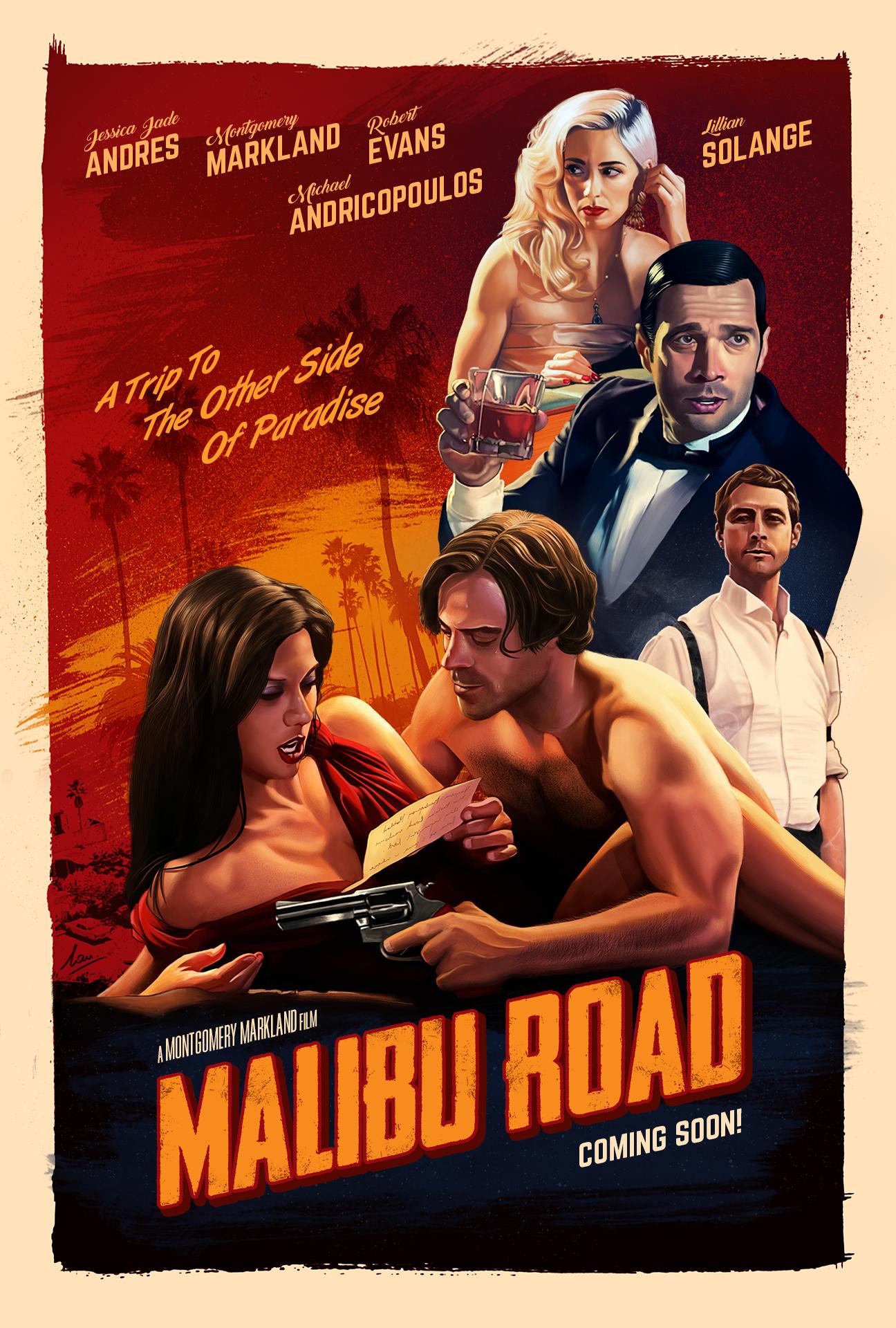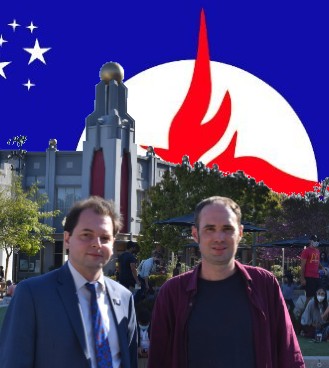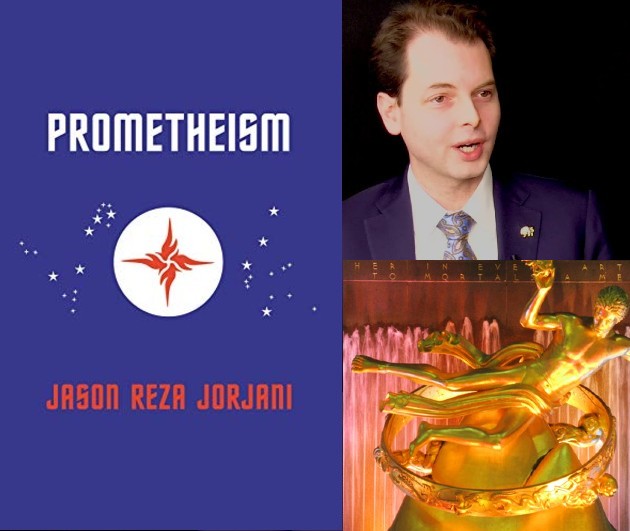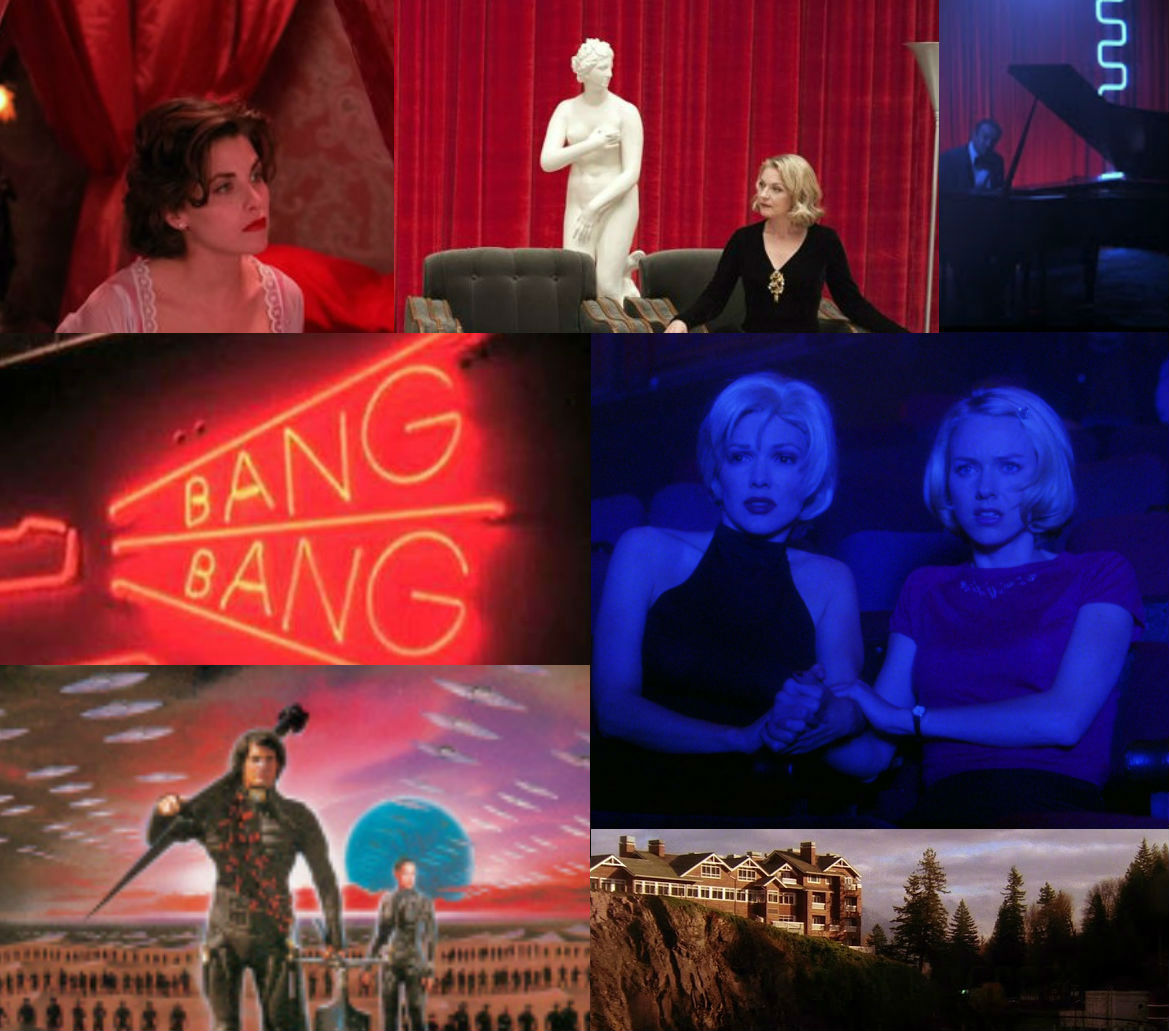Robert Stark speaks with Ross Calvin about his American Colossus Project, a proposal to construct a statue of the Greek Titan, Prometheus, on Alcatraz Island in San Francisco Bay. Ross Calvin is from New Mexico, has a finance background, running an Austrian economics-focused investment fund in global macro, frontier markets, and volatility for 10 years. He transitioned to become a bitcoin miner, and developed a blockchain platform for oil and gas. Subscribe to Ross Calvin on Substack, and check out the American Colossus project on Substack, X/Twitter, and Instagram.
Topics:
-The tie in between the Mythos of Prometheus and Sound Money
-Prometheus as a symbol of triumph, beauty, the power of technology, and the regenerative spirit of man
-Ross’s inspiration from Jason Jorjani’s Prometheism, who is no longer involved with the project
-The hope that the Prometheus Statue can usher in a new renaissance for America and California
-The enormous reasons for optimism to counter pessimism and demoralization
-The significance and meaning of “The Pursuit of Happiness”
-How the Prometheus Statue will be a bookend to the Statue of Liberty, but much larger
-San Francisco’s natural and architectural beauty, and significance as the Manifest Destiny City
-The negative publicity about San Francisco’s decay and the drug crisis
-The oppressive symbolism of the Alcatraz prison and why Calvin does not think it has any historic preservation value
-The Statue’s designer and sculptor, Fen de Villiers
-The contrast between the archeo-futurist symbolism of Art Deco vs “the staidness of institutions” of Neo-Classicalism
-The plan to appeal to Trump, as presidents have the authority to create National Monuments
-Trump’s persona as a builder, his proposal to create a statue memorial garden, and his neoclassical executive order
-The project countering the iconoclasm and spirit of deconstruction
-Why artists should have a greater role in the economy and technological innovation
-How Silicon Valley has become monolithic, State oriented, and less creative
-How Prometheus stands against censorship
-Plans for a documentary and a museum that will be a temple to the Promethean spirit
Click Here to download!
Checkout Robert Stark’s Facebook page, Twitter, Instagram, Stark Truth TV, novel Vaporfornia, and subscribe to his Substack.
